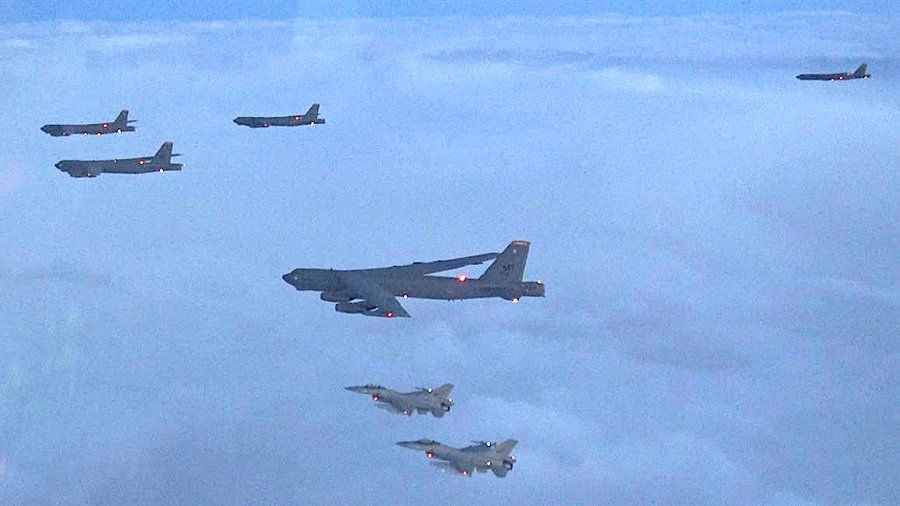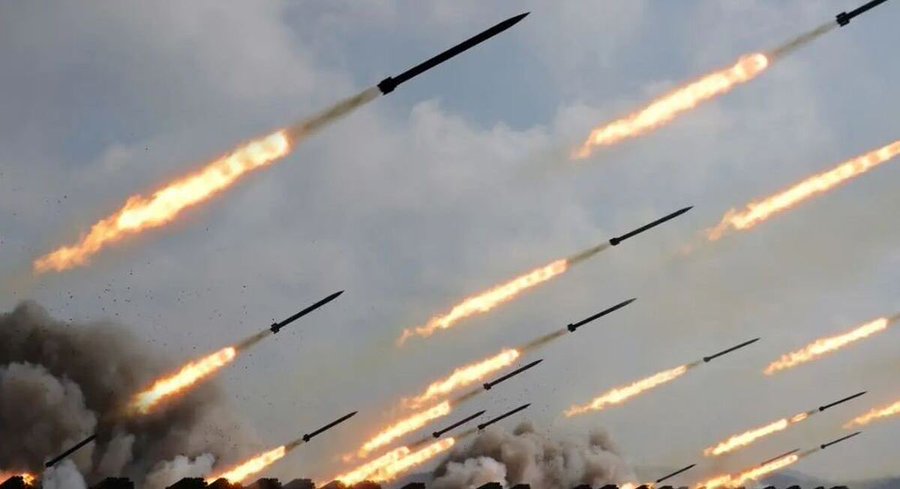The Iranian army says it can strike Israel and America daily for two years without running out of firepower. What does this bold claim mean for global security?

“Bold Military Claim Sparks Global Alarm Amid Rising Middle East Tensions”
In a statement that has rattled global military watchers and heightened tensions in the Middle East, a senior official from the Iranian Army claimed that the country has enough firepower and strategic preparation to bomb Israel and the United States every single day for the next two years without running out of military capacity.
While the announcement may sound like a classic display of state-sponsored bravado, it demands attention—because it comes at a time when the Middle East is already on the edge, with ongoing proxy wars, U.S. military presence in the Gulf, and Israel’s own regional responses to Iran-backed forces.
A Warning or a Challenge?
The statement, reportedly made by a top general during a closed-door military briefing in Tehran but quickly picked up by Iranian media, wasn’t subtle. “If needed,” the general said, “we can launch sustained missile and drone strikes on the Zionist regime and American bases every day for two years straight without losing operational capability.”
Whether this is a genuine strategic threat or psychological warfare, experts are divided. But it’s certainly not random. The timing of the statement is extremely significant.
Just weeks ago, Iran unveiled new underground missile facilities, increased drone exports to allied nations, and strengthened military exercises along its western and southern borders. Combine this with rising attacks in Iraq and Syria targeting U.S. interests—and the warning starts sounding more serious.
What Is Iran Really Capable Of?
Let’s break this down.
Iran’s military strength doesn’t match that of the U.S. or Israel in terms of air superiority or naval power. However, its missile and drone programs are among the most advanced in the region, and that’s exactly where its threat lies.
1. Missile Arsenal: Iran is believed to possess over 3,000 short-to-medium-range ballistic missiles, with ranges capable of hitting Israeli and Gulf targets.
2. Drones: The Iranian drone industry is now exporting to proxies in Lebanon (Hezbollah), Yemen (Houthis), and Iraq (PMFs), and these drones have already been used in attacks against Saudi oil fields and U.S. military bases.
If Iran says it can launch daily attacks for two years, they’re probably referring to a sustained use of drones, missiles, and cyberattacks, not all-out warfare.
Could This Trigger a Broader Conflict?
This kind of statement is dangerous not just because of its content but because of what it might provoke.
Israel sees Iranian missile capability as an existential threat and has already conducted dozens of preemptive airstrikes in Syria to neutralize Iranian assets.
The U.S., though focused on China and Russia, continues to maintain troops in Iraq and Syria largely to counter Iranian influence.
Gulf States, especially Saudi Arabia and the UAE, are watching nervously. Though now engaging diplomatically with Iran, they still rely heavily on American protection.
If Iran’s words are matched with even a single reckless act, it could ignite a regional war, with global consequences.
Propaganda or Strategic Message?
Many analysts believe Iran’s statement is meant more for internal morale and external messaging than actual military action. It sends signals to multiple audiences:
To Israel and the U.S.: “Don’t underestimate us.”
To Iranian citizens: “We are strong and ready.”
To regional proxies: “Stay aligned, we will support you.”
To BRICS and China-Russia bloc: “We are useful allies against Western domination.”
But propaganda doesn’t mean harmless. In international politics, words often shape the battlefield, especially when tensions are already sky-high.
Is the U.S. Taking This Seriously?
Officially, Washington has not responded directly to Iran’s claim, but insiders say Pentagon analysts are watching Iran’s weapons buildup closely. The U.S. recently increased naval presence in the Persian Gulf and deployed advanced radar systems in Jordan, Kuwait, and Saudi Arabia.
Moreover, Israel and the U.S. have conducted joint military drills specifically focused on “deep strike” scenarios against Iranian nuclear and missile infrastructure.
So yes, behind the silence, preparations are already being made.
What’s Next?
Iran’s statement, dramatic as it sounds, serves one core purpose: to increase its leverage in the shifting power dynamics of the region. With the U.S. elections approaching, and Israel battling internal political unrest, Iran likely believes it has a rare opportunity to reassert dominance.
But the risk is enormous.
If miscalculated, such provocations could result in:
Israeli preemptive strikes
U.S. sanctions or cyber offensives
Increased proxy attacks across the Middle East
Economic shocks if oil trade routes are disrupted
Final Thoughts: Why This Matters to the World
In an interconnected world, a conflict between Iran, Israel, and the U.S. won’t stay regional for long. Oil markets, global trade, religious alliances, and superpower rivalries could all come into play.
The real danger isn’t just in Iran’s weapons, but in its belief that it can say these things without consequences. And while the world hopes this is just a rhetorical flex, the cost of assuming so might be too high.

